Korean Skincare Explained: Breaking Down Double Cleansing
Types of Cleansers
Do you wash your dishes with detergent after finishing a meal? Do you wash your hands with soap after going to the gym? Do you wash your fruit and veggies before consuming it? If you said yes to all of these, then answer this: do you wash your face with a cleanser after a day of being out and about?

Why would you jeopardise perfect skin by not completing a proper cleansing routine?
For the first 3 examples, we complete those tasks to avoid the spread of germs and bacteria that will cause us to become sick. Likewise, we should be washing our face at least once in the morning and once at night to cleanse away the daily nasties such as bacteria, makeup, oils, dirt, debris, dust and general pollutants floating around in the air to prevent any unwanted breakouts! I don’t know about you but breakouts are a no-no for me. I have places to go and people to see.
Double cleansing has been growing in popularity and is the most effective form of removing all of the blood, sweat and tears accumulated throughout the day. OK, hopefully no actual blood is involved and that you were only shedding happy tears, but cleansing is definitely the backbone of a healthy skincare regimen.
Originating in South Korea, double cleansing is the method of using an oil cleanser, balm or micellar water first, followed by a water-based cleanser. Whether you prefer an oil cleanser, balm or micellar water, that is completely up to you!
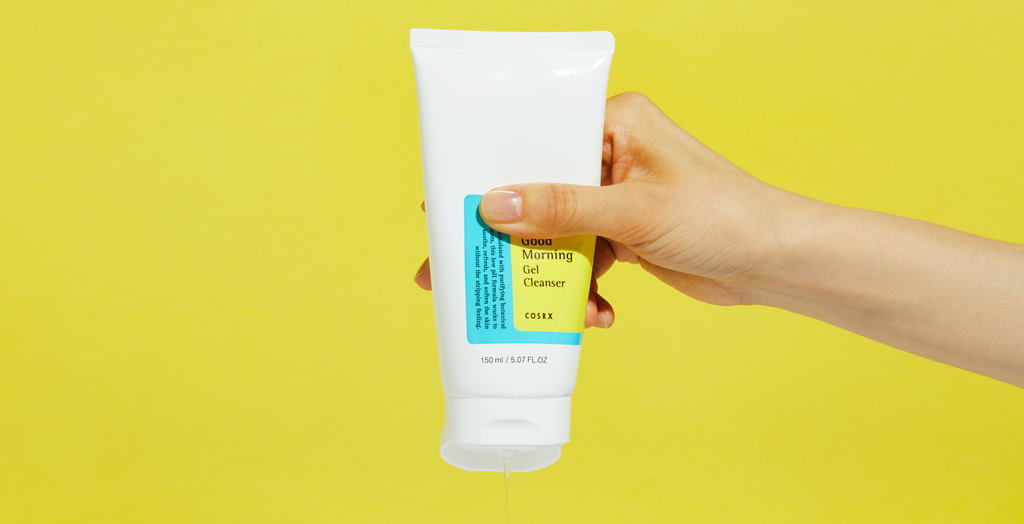
The benefit of this process is that the oil-based cleanser will remove all the oils, SPF and makeup from the face while the water-based cleanser removes whatever else is left over and really cleanses the pores. By doing this step, it gives your skin a perfectly clean base to layer your skincare routine and makeup afterwards. Dermatologists recommend massaging the cleanser into your face for about 2 minutes for the ingredients to be effective and provide a thorough cleanse. While double cleansing twice a day isn’t necessarily necessary, it is definitely recommended to be done at least at night.
So what type of cleansers should I be using?
Well, to address this, it really depends on your personal preference and what your skin enjoys. However, we will breakdown each type of cleanser out there and have some recommendations for each skin type.
Cleansing Wipes
As quick and efficient it is to use a cleansing wipe in your cleansing regimen, sorry mate, but nothing in life is really that easy. A simple cleansing wipe won’t properly breakdown and remove heavy foundation and pollutants, plus all that tugging and pulling is quite harsh on the skin. I understand you might only want fine things in life but fine lines ain’t about to be one of them.
Even if you’re using cleansing wipes on your face like sandpaper on wood (100% do not endorse this technique), we still don’t think you have a chance at removing all the gunk from the day. With these bad boys, you’re definitely doing more harm than good when it comes to keeping your skin healthy. Cleansing wipes contain concentrated surfactants, emulsifiers and preservatives which can cause breakouts, irritation, allergic reactions and dryness.
Understandably, cleansing wipes are great for those who enjoy a low-maintenance lifestyle or are a frequent traveller, however, a follow-up cleanser is still highly recommended if you do choose to use them. Give yourself the best chance at regenerating your skin cells overnight to achieve that plump and youthful complexion!
Micellar/Water Cleansers
Micellar water (aka water cleansers) contains mild surfactants that naturally group together to form microscopic spheres called micelles (tiny balls of cleansing oil molecules). Micelles are oil and water soluble, meaning it attracts both water and oil. Because micelles are attracted to both dirt and oil, it has the ability to draw out impurities and remove makeup, sebum and any other nasties. On the flip side, micellar water doesn’t effectively remove heavy foundations or stubborn water-proof mascara. If you are a heavy, daily makeup user, an oil cleanser is highly recommended over micellar water to remove all traces of makeup and achieve a fresh, clean canvas.
Recommended Water Cleansers Based on Skin Types:

Oil Cleansers/Balms
For the newbies out there, washing your skin with oil sounds like the ultimate recipe to cook up some fresh breakouts, ESPECIALLY if you have oily skin. The funny thing is, that isn’t the case at all! Oil cleansers actually help breakdown accumulated sebum and gently removes pore-clogging debris such as stubborn, waterproof makeup, while also keeping your skin soft and supple. To complete the double-cleansing routine, the oil-based cleanser is used as the first step, followed by a gel or foam cleanser!
Recommended Oil Cleansers/Balms Based on Skin Types:

Gel Cleansers
Guess what? Gel cleansers have a gel-like consistency. Okay, but seriously, it has a clear, hydrating, lightweight formula, leaving your skin cleansed and moist. It can remove remaining traces of dirt and makeup, effectively cleaning out pores to remove any excess oil and acne-causing bacteria.
Recommended Gel Cleansers Based on Skin Types:
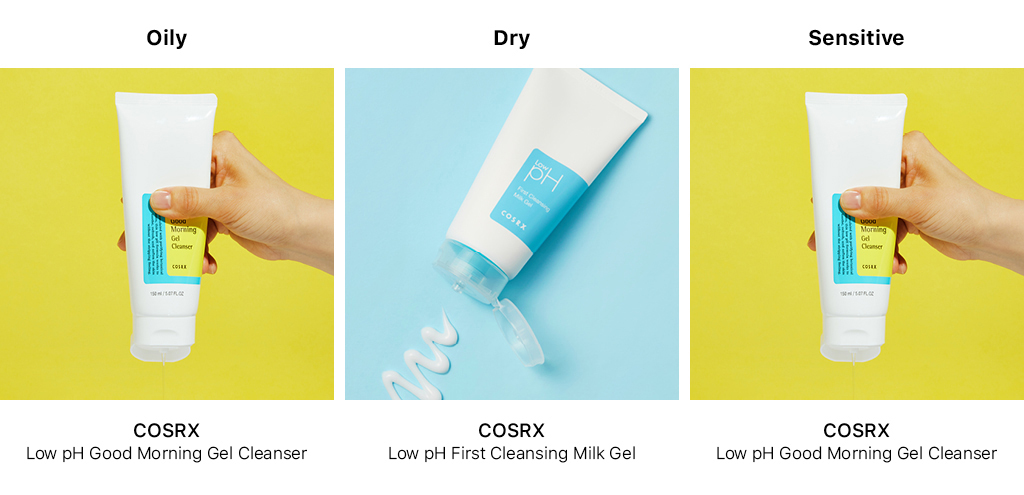
Foam Cleansers
Foam cleansers have a creamier, thicker texture than gel cleansers. With a dab of water, rub together a pea size amount of product in your hands, where it will work up into a rich, foamy lather. Just like the gel cleanser, it will thoroughly remove excess oil and makeup residue, however, it is notably harsher and slightdrying than gel cleansers. Watch out for ingredients such as sodium lauryl sulfate (SLS) as it is what provides that foaming effect if you are bothered by skin-drying-irritants. Fear not, there are plenty of foam cleansers on the market that are sulfate-free.
Recommended Foam Cleansers Based on Skin Types:
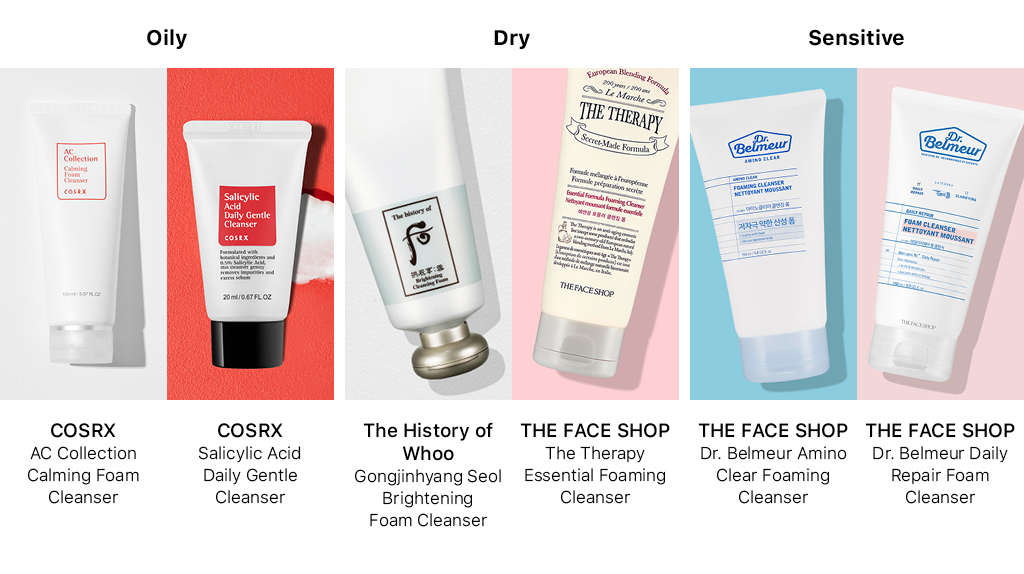
Ultimately, experiment with what cleansers work for your skin and your lifestyle, and it’ll provide the feedback you need to adjust accordingly. Happy cleansing everyone and good skin days will come your way!




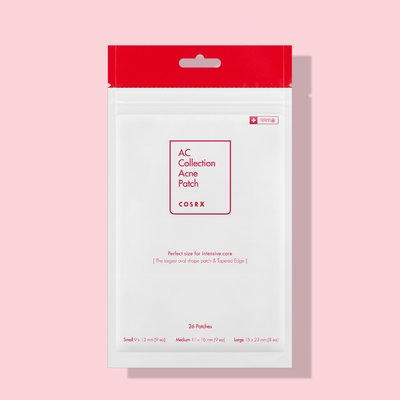
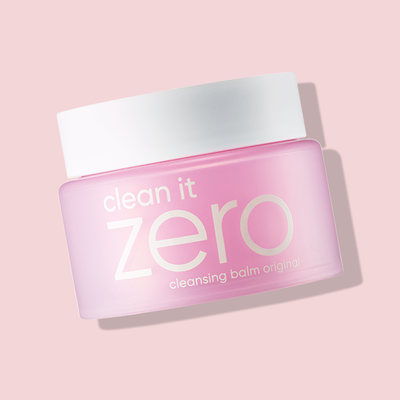



Leave a comment